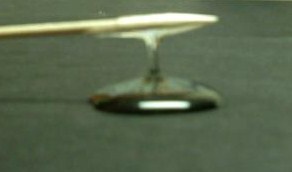Glucose, also called dextrose, is a simple sugar with the molecular formula C6H12O6. Glucose is the one of the simplest sugars, and the most abundant monosaccharide. Glucose is mainly made by plants and most algae during photosynthesis from water and carbon dioxide, using energy from sunlight, where it is used to make cellulose in cell walls, the most abundant carbohydrate in the world.
In energy metabolism, glucose is the most important source of energy in all organisms. It is stored in plants mainly as starch and amylopectin, and in animals as glycogen. Glucose circulates in the blood of animals as blood sugar. Glucose is naturally occurring and is found in its free state in fruits and other parts of plants. In animals, glucose is released from the breakdown of glycogen in a process known as glycogenolysis.
Glucose is a simple sugar that is usually produced through the breakdown of more complex carbohydrates, such as disaccharides (like sucrose) and starches, during digestion and metabolic processes in the body. Enzymes break these larger molecules into glucose, which is then used for energy. While most glucose in the diet comes from these processes, there are also small, direct sources of glucose (which are usually referred to be the alternate name of dextrose). Dextrose can be found naturally in some fruits and honey, and it is also manufactured for use in food products and medical treatments.
Word origins
The name glucose is derived from Ancient Greek γλεῦκος (gleûkos, "wine, must"), from γλυκύς (glykýs, "sweet"). The suffix "-ose" is a chemical classifier, denoting a sugar.

